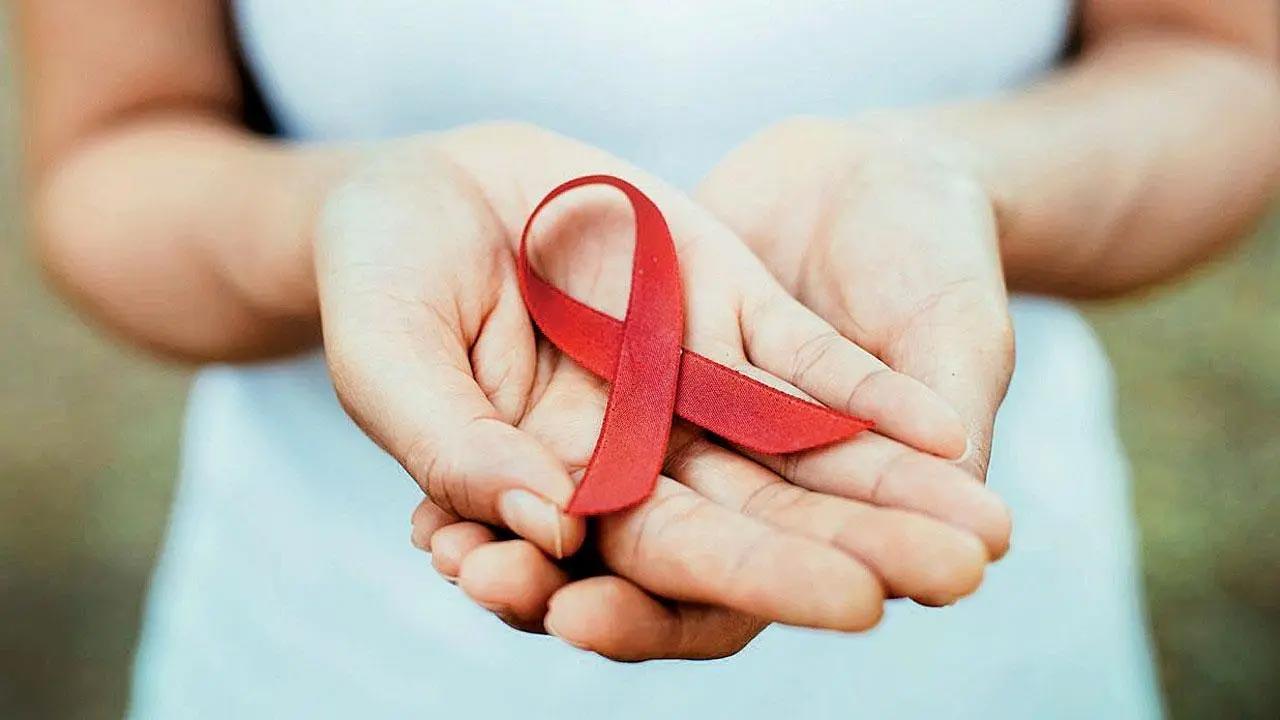Figure declined from 1,012 in 2017 to 171 in 2021; officials cite counselling given by NGOS, medication with fewer side effects as reasons

Representational images. Pic/iStock
Even though Maharashtra is on the list of top five states in terms of patients abandoning HIV treatment midway, there has been an 83 per cent decline in such cases in the state between 2017-18 and 2021-2022.
According to health officials, counselling and the availability of drugs that have fewer side effects are reasons behind the decrease in figures.
“A decade ago, people living with HIV used to leave treatment midway due to the side effects of drugs. Many of them complain about suicidal tendencies, bad dreams and other issues. But now, new drugs are available that have no or very minor side effects. The health authorities are also doing well in terms of tracking and counselling. However, few people do not adhere to treatment and the only thing we can do is make them understand,” said Dr Ishwar Gilada, president, AIDS Society of India (ASI) and governing council member, International AIDS Society (IAS).
According to data obtained by advocate Tushar Bhosale via RTI, the majority of people living with HIV are continuing their treatment.
Also Read: Chahal questioned by ED over ‘irregularities’ at COVID centres
In 2017-18, the number of people living with HIV who abandoned treatment midway was 1,012. The figure was 171 in 2021-2022; while from April to October last year, 103 patients opted to stop treatment midway in Maharashtra.
A senior official from the Maharashtra State Aids Control Society (MSACS) said on the condition of anonymity, “In 2010, the percentage of those would not follow up was around 16 per cent, but it has come down to 2 per cent. There was no unique identity for the patients so they used to register themselves in many ART (anti-retroviral therapy) centres under other names. However, their contact number was the same. So there was a duplication issue. We started a de-duplication activity to find out the real number of dropout patients. This helped us a lot. The numbers have gone down. So we also started holding follow-up drives every week. We see what are the number of patients who did not come for a follow-up. We have a network through which the next day we call those who failed to come.”
Members of NGOs working with us visit homes to understand why patients are not coming and counsel them. The side effects of the drugs have also diminished. We have also started providing three months’ worth of medicine to patients who have good CD4 counts and no other health issues. If someone is shifting from Maharashtra to another state, we transfer them to their nearest ART centre so that it is convenient for them.”
Telangana tops the aforementioned list of five states with 464 cases in 2021-2022.
 Subscribe today by clicking the link and stay updated with the latest news!" Click here!
Subscribe today by clicking the link and stay updated with the latest news!" Click here!










